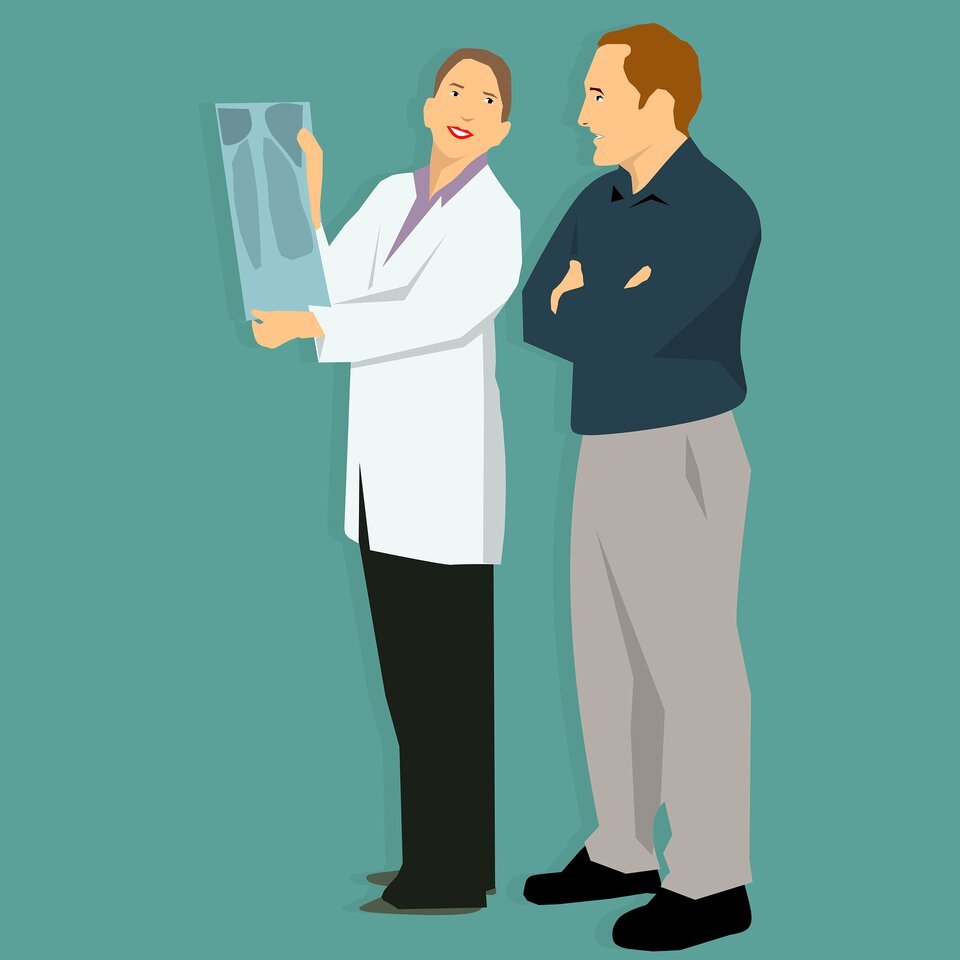
What exactly is a general practitioner?
A general practitioner is a doctor who treats both acute and chronic illnesses in people of all ages. General practice was once performed by everyone who graduated from medical school, but it has now evolved into a distinct specialty. Their work will not be limited to a single organ; they will have a general understanding of all of them. A general practitioner must have a bachelor’s degree in medicine (MBBS) (bachelor of medicine, bachelor of surgery). The general practitioner should be a member of India’s Federation of Family Physicians’ Associations (FFPAI). If necessary, a general practitioner may provide specialized care or refer you to a specialist. Diabetes, hypertension, and preventive medicine are some of the issues that general practitioners consider they also complete a 3-year fellowship for treating some more health problems like gastric, heart problems, etc.
Why should we go to the doctor regularly?
Nowadays, everyone has some kind of health problem, which could be caused by the food we eat or the environment we live in, among other things. Consulting a doctor frequently allows you to identify a health problem at an early stage, allowing treatment to begin. When treated early, a health problem can sometimes be cured with minor medications. When treatment is delayed, the medication becomes more difficult to take, and the chances of curing the health problem are reduced.
When we see a doctor regularly, we can simply take preventive measures to keep it from worsening. Only doctors will be able to determine the source of the problem, and one health issue may lead to another.
When you visit the doctor regularly, the doctor will have a better understanding of your health condition and the likelihood of you being affected. Consult with a doctor who has a thorough understanding of your situation.
How do I select a personal care physician?
All of these factors should be considered before selecting a GP:
• how much do they charge?
• Do they pay attention to you?
• Will they be accessible?
• Is the clinic close to your home?
• Is the medication prescribed beneficial to you?
• How long will it take for him/her to get his/her appointment?
• Do they treat people of all ages?
• Do you prefer a male or female doctor?
What exactly do they do?
After examining your health condition and severity, a general practitioner may prescribe medication or refer you to a specialist.
A general practitioner is educated and trained to treat both acute and chronic conditions.
• Infections
• Injuries
• Strokes
• Diabetics
• Depression
• Dementia
• Dietary advice
• High blood pressure
• Gastric conditions
• Vaccinations
Some tests can be performed by general practitioners to assess the patient’s condition.
• ECGs;
• blood sugar levels;
• peak flow measurements; and
• basic lung function tests
They refer some tests to other specialists, such as blood tests, CT scans, and so on.
• Minor surgeries
• Cryotherapy (freezing) for skin lesions
• Suturing wounds
• Screening
• Baby checking
• Examinations
• pregnancy and many other procedures can be performed by general practitioners.
General practitioners pursue specialized training, internships lasting one or three years, to become well-versed in a specific treatment. Normally, a GP will open a clinic on their own or form a partnership with other GPs to open a hospital.
Why is it necessary to have one?
General practitioners should be contacted whenever we require medical assistance. GPs have a thorough understanding of our medical condition, so treatment will take into account all of your previous issues.
GPs are sometimes family doctors, which means they are aware of hereditary medical conditions and have a long history with you. It’s always a good idea to have your general practitioner.
General practitioners can also provide you with a list of the best-specialized doctors, so you won’t have to worry about where to go.
- In a nutshell, when we have a general practitioner, we can get personal medical help. It is not recommended to switch from one GP to another without a specific reason. The risk of future problems will be reduced as well.
- What you should do before going to the doctor:
- Make a note of how severe your problem is;
- How long have you had it?
- Are you experiencing any side effects from the medication you were prescribed previously?
- Do you have any questions for the doctor?
- Take the reports and prescriptions with you.
- Gather your health insurance and determine whether or not it can be used.
- Try to arrive half an hour before your appointment to avoid missing it.
- Bring a friend or family member to help you.
It’s normal to have reservations. Make certain that all of your questions are answered. Even if you are feeling better, continue to take your medications regularly. Try not to switch general practitioners regularly. It is sometimes preferable to prevent rather than cure.

